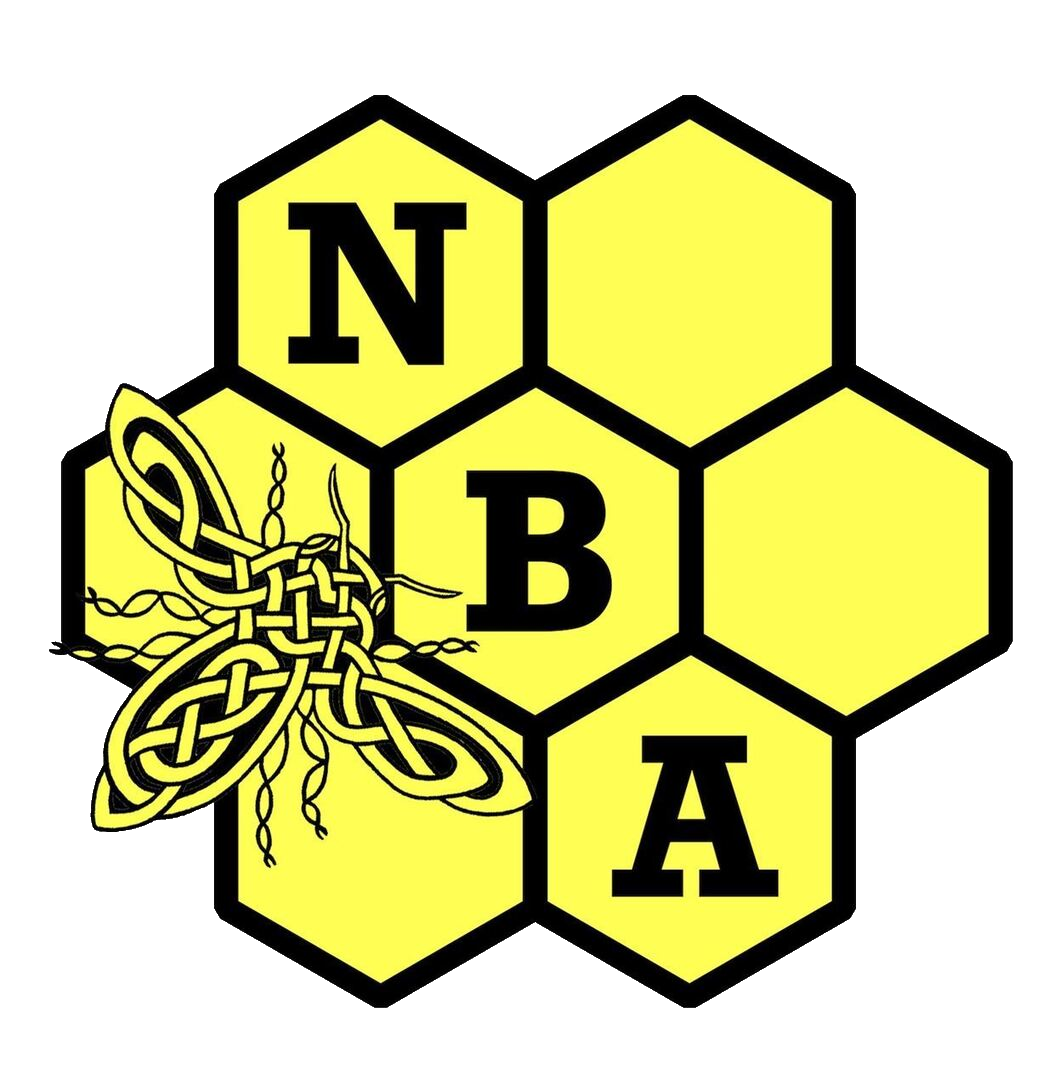 |
Emily Scott
Jan 6
|
Notes from a talk by Dr Stephen Fleming - co-editor of Beecraft magazine and beekeeper to Andrew Lloyd Webber.
Back in October Stephen spoke to a group of us gathered for the Cornwall Beekeepers’ Association and West Cornwall Beekeepers’ Association annual conference. I meant to write about it sooner but then life got in the way!
It was a lovely talk, all about drone congregation areas (DCAs) - places high up in the sky where male bees (drones) gather to find queens. You can read Stephen’s perfectly named article ‘The Scilly game of drones’ on the Beecraft website, where he talks about whether drones will cross the choppy Cornish seas in search of a queen.
Stephen told us that the first person to document DCAs was the famous naturalist Gilbert White, in his diary ‘A Natural History of Selborne - Observations’ - 28 June 1792. He picked the sound up a year before his death, even when his hearing was bad. White could hear a loud audible humming of bees as he walked, without being able to see them.
The sound is still there today. A recording made by Stephen on the same down that White walked was played on Paddy O’Connell’s show, BBC Radio 4 (25th June 2017) - on the 225 year anniversary of Gilbert White hearing it. If you have a listen from 41 minutes in you will hear the incredibly clear sound of the drones.

A handsome drone
It is believed RI Crowley in 1892 was the first person to realise that the phenomenon was a DCA.
The talk included a number of gorgeous clips of the drones flying in congregation. One was from ‘More than Honey’ (2012) by Markus Imhoof, which looks like a lovely film. Stephen then went on to answer a series of questions he posed:
How do they know where to go?
How the drones choose a DCA is still a big mystery. There are a number of theories:
- Magnetism?
- Polarised light?
- Light intensity?
- Thermals - air rising up a slope?
- Pheromone trails?
Don’t forget, drones only live a few months on average, so older drones are not showing younger drones where to meet. There must be some instinctive behaviour that lures them to these locations in search of virgin queens. Stephen feels thermals are at least one of the factors involved.
How many drones in a DCA?
Stephen mentioned that a formulae you can use to estimate the number of drones in a DCA will be in a Beecraft magazine issue soon. A couple of estimates he has made ranged between 1,782-2,045 in one area and 2,051-2,554 in another.
He went on to tell us how to go hunting for DCAs ourselves…
What you need
- Synthetic 9-ODA, painted onto a queen cage (he said that unfortunately this is not easy to get, however you only need a tiny amount!)
Or a spare caged queen
- Extendable carbon fishing rod, 3-4 metres long
- UAV drone (radio controlled drone)
Preparation
- OS map
- Google Earth
- Knowledge of local apiaries
- Look for grasslands rather than woods, as it is easier to see the DCAs without tree canopies
When to go
Stephen has found 3-5pm is the peak in the DCAs he visits in southern England, with the drones arriving first before the queens. However, other beekeepers he knows in Northumberland have said their peak time is earlier - around lunchtime. He feels it’s possible people researching DCAs may tend to generalise too much based on their own experiences, whereas there may be a lot of regional variations based on local geography.
In his experiences, the ideal summer’s day for DCA finding is 19C+ temperature, with a breeze. He will go out looking for them between 2-5.30pm. There are only a few of these ideal days each year. On days without a breeze he does not find DCAs; his theory is that drones prefer to fly into a breeze as it gives them better control over their flight.
Have you ever come across a DCA? It must be a wonderful sound to hear on a beautiful summer’s day.
|
